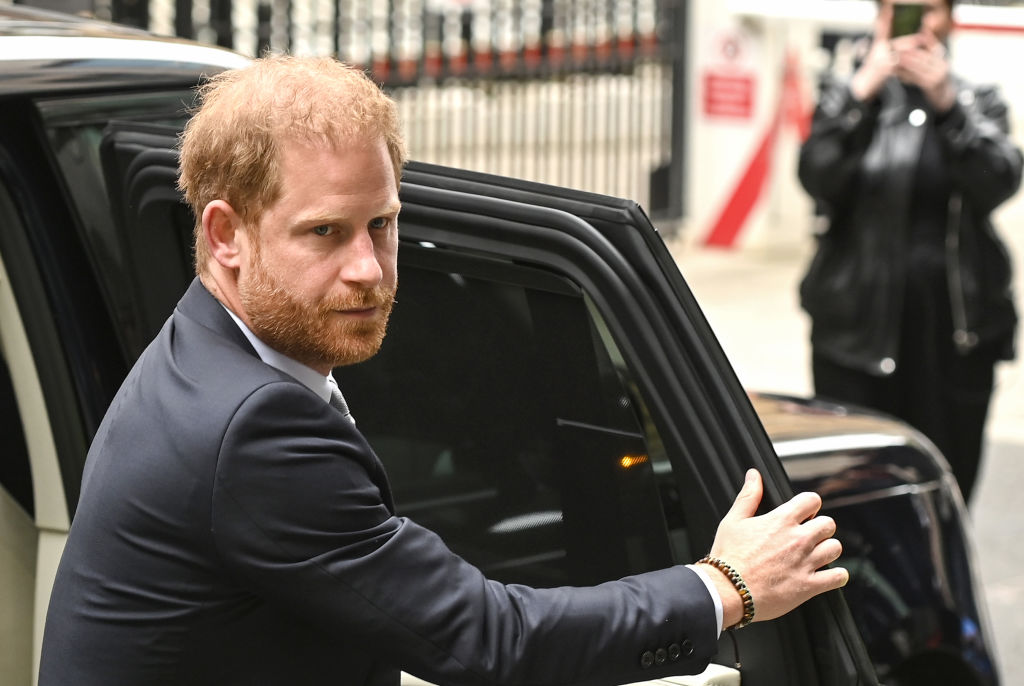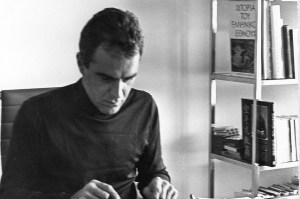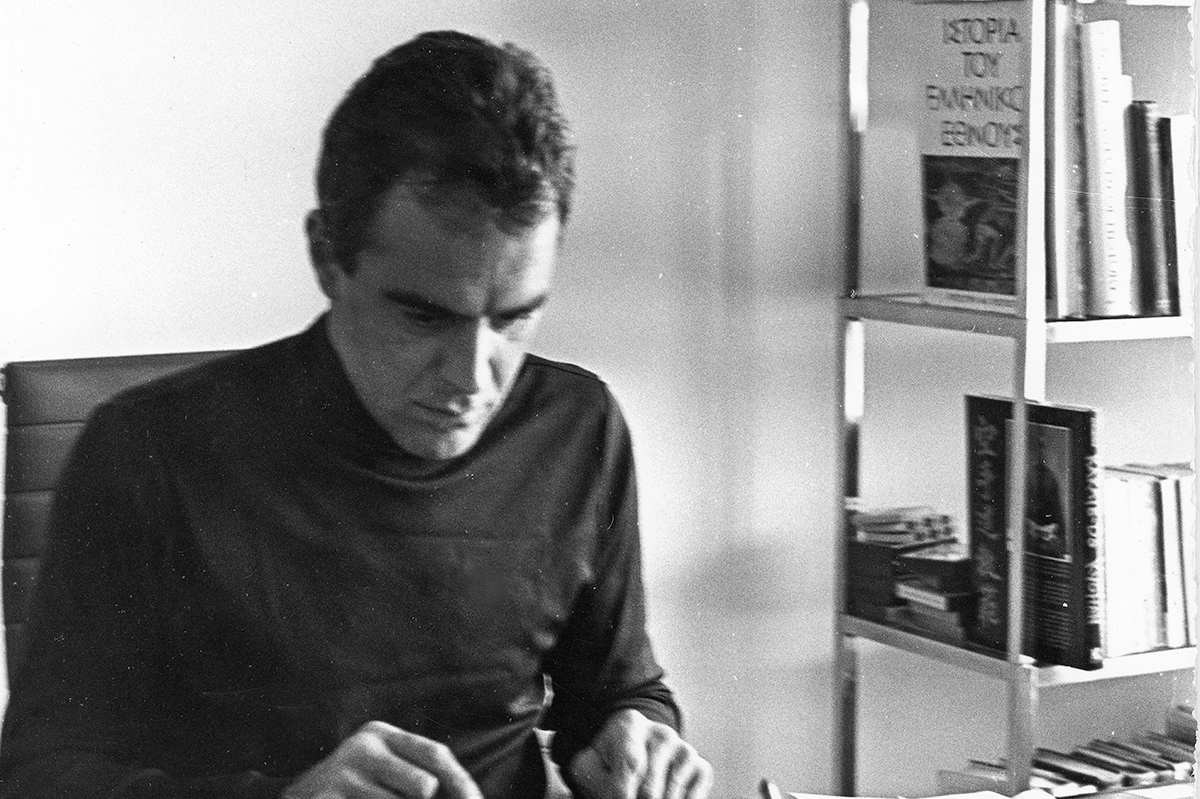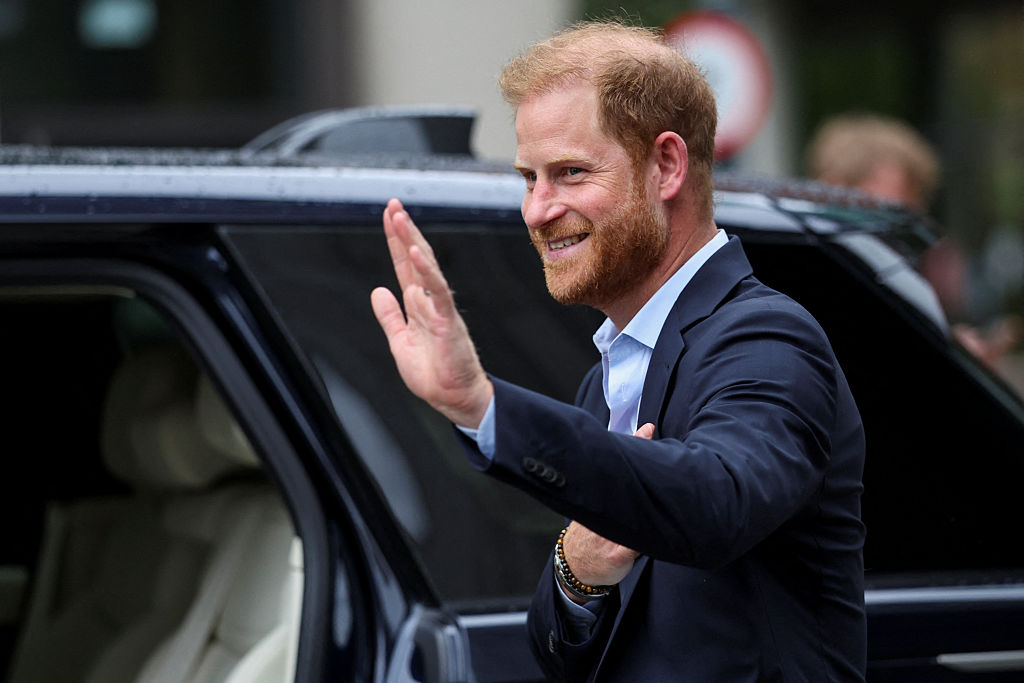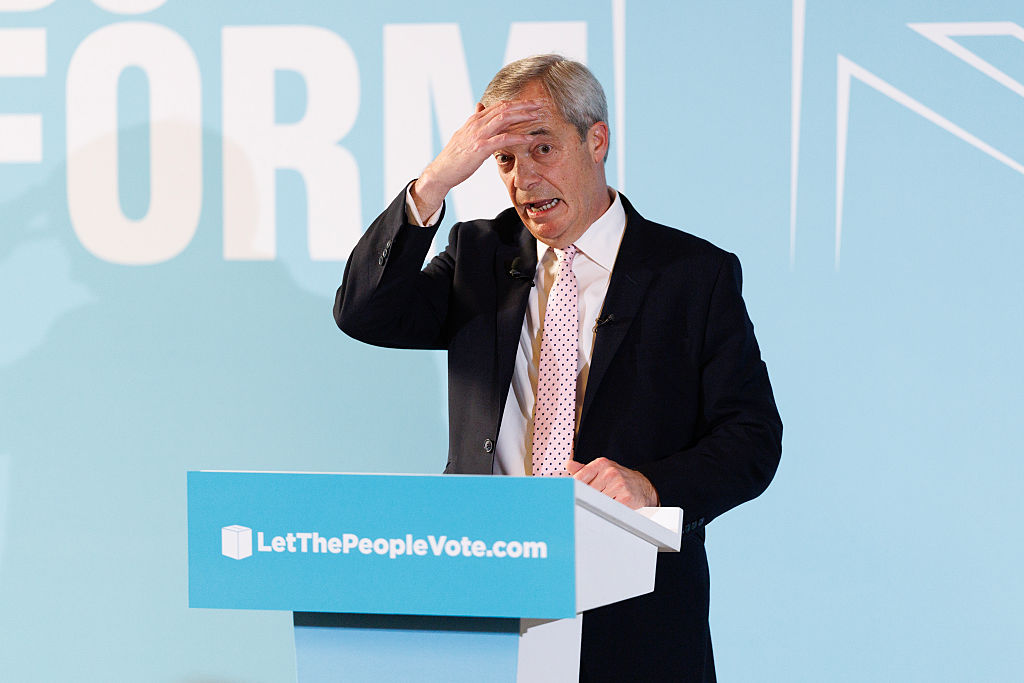As Prince Harry walked into the High Court in London for his second day of cross-examination, he might have been forgiven for approaching the stand with trepidation. The Duke of Sussex’s first day being grilled by Andrew Green KC did not cover him in glory. It is unlikely that the prince has ever found himself under such close public scrutiny before in his life. Soft interviews, with the likes of old pal Tom Bradby and new chum Oprah Winfrey, did not prepare him for Green’s polite but probing questioning. Although Harry never gave into the petulance and anger he has displayed on other occasions, his shrugging utterances of “I don’t remember” and “I can’t be sure. You would have to ask the journalists themselves” made him seem a less than impressive witness.
Yet it is clear that Harry’s appearance in court is not solely about whether he wins or loses the phone-hacking case against Mirror Group Newspapers (MGN), but more an opportunity to state his credo in public once again. There was an undeniable charge to the bitterness with which he wrote in his witness statement how he’d been traduced in the media as a “playboy prince,” “failure,” “dropout,” “thicko,” “cheat,” “underage drinker” and “irresponsible drug taker.”
Soft interviews, with the likes of Tom Bradby and Oprah Winfrey, did not prepare him for Green’s polite but probing questioning
The authorship of that witness statement came under questioning in court: Harry stated that he wrote it himself, although Green suggested that it was molded, at the very least, by his lawyers. But whoever ultimately did put pen to paper, one thing is clear: the Duke of Sussex relished the opportunity to present his loathing of both the press and the British government in court. Rishi Sunak, to his credit, replied to Harry’s denunciation of his “rock bottom” government by saying: “We have a longstanding convention that prime ministers don’t comment on members of the royal family.” As, indeed, it has traditionally been the other way.
Despite the presence of a few well-wishers outside court this morning — one even shouted “We love you, Harry — he must have known that, for all his brave denunciations of the press, he was not among friends. Even neutral parties might have been tempted to believe that Green’s skillful, needling questioning — there is reason why he’s one of the country’s top KCs — had elicited more ambiguous answers from the duke than might have been expected.
MGN has already admitted and “unreservedly apologized” for one incident of unlawful information gathering against Harry. Yet it is also demonstrably the case that many of the stories that have made it into the papers about the royal family could have been sourced by other methods, which, although clandestine, are not illegal.
Green’s most pointed criticism of Harry came when, after the duke claimed that he was sure that he had been hacked, despite an absence of hard evidence, the KC suavely responded “Are we not, Prince Harry, in the realms of total speculation?”
When Green asked this morning, of a 2005 story about his time at Sandhurst, “is that an entirely accurate statement?,” the not-so-veiled implication could only sting.
It is little wonder, then, that Harry declared that he found the line of questioning “distressing” and that he has stated in cross-examination that he would feel “some injustice” if he were to lose the case. In addition to the dirty washing that has been aired in court — to what must be great embarrassment from the rest of the royal family — there is an undeniable sense that Harry sees this, not as a legal issue, but as a crusade, in which he is wielding the “simple sword of truth” against the “cancer of bent and twisted journalism.”
That mission, of course, was one pursued by Jonathan Aitken, who had plenty of time to repent of his hubris after his pursuit of legal action went badly wrong. While there is no such likelihood of Aitken’s fate befalling Harry, the risk that this case is an embarrassing instance of hubris — and one that will not result in the outcome he desires — is growing stronger with every passing hour of cross-examination.
This article was originally published on The Spectator’s UK website.



